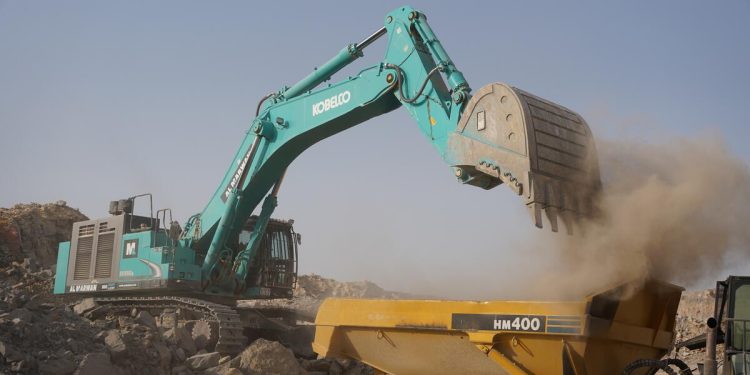Mining exploration in Kenya is governed by the Mining Act, 2016 and the Mining (Licence and Permit) Regulations, 2017, which place all mineral rights under the State through the Ministry of Mining, Blue Economy and Maritime Affairs.
Individuals or companies seeking to explore for minerals must obtain an Exploration Permit from the Director of Geological Surveys (DGS) under the State Department for Mining.
Legal Framework and Eligibility
An exploration permit grants the holder the right to search for specific minerals within a defined area for a set period, usually up to three years, renewable upon compliance.
It is important to note that an exploration permit does not authorize commercial extraction.
Only legally registered entities — Kenyan citizens, companies incorporated in Kenya, or foreign investors with local representation — may apply.
The applicant must demonstrate technical and financial capacity to conduct exploration activities safely and professionally.
Step-by-Step Application Process
Step 1: Conduct Preliminary Geological Study
Before applying, the applicant must carry out a desktop geological study to identify potential mineral zones.
Data may be sourced from the Geological Data Centre in Nairobi.
This research forms the basis of the application, specifying the mineral type, location, and proposed work program.
Step 2: Application Submission
Applications are made through the Mining Cadastre Portal (https://portal.miningcadastre.go.ke) managed by the Directorate of Mines.
The applicant must create an account, identify the desired area on the portal map, and complete the online form.
The system automatically checks whether the area is free or already licensed.
Once available, the applicant uploads the required documentation.
Step 3: Attach Required Documents
The application must include:
- A company registration certificate or proof of identity for individuals.
- A tax compliance certificate from the Kenya Revenue Authority.
- A detailed work program outlining exploration methods, stages, equipment, and timelines.
- A budget estimate demonstrating financial ability.
- A map showing the proposed area coordinates.
- An Environmental Project Report (EPR) or Environmental Impact Assessment (EIA) scoping statement.
- A statement of technical competence, listing qualified geologists, engineers, or consultants.
Incomplete submissions are automatically rejected by the portal.
Step 4: Payment of Prescribed Fees
Upon acceptance, the applicant is required to pay a non-refundable application fee through the portal.
The Mining Regulations prescribe fees based on the type of mineral and the acreage.
Payment receipts are uploaded for verification.
Step 5: Review and Technical Evaluation
The Directorate of Geological Surveys evaluates the technical aspects of the proposal, which includes geological logic, work program feasibility, and environmental safeguards.
The Licensing Committee then reviews the findings and may request clarifications or additional documentation.
If approved, the committee recommends that the issuance be made to the Cabinet Secretary for Mining.
Step 6: Environmental and Community Consent
Before issuance, the applicant must obtain community consent through a public consultation process in the exploration area.
The National Environment Management Authority (NEMA) reviews the EIA or EPR to ensure minimal ecological impact.
Evidence of community engagement and environmental clearance must be filed before final approval.
Step 7: Issuance and Terms of the Permit
Once approved, the Exploration Permit is issued electronically and published in the Kenya Gazette.
The permit outlines the mineral category, geographic boundaries, duration, reporting obligations, and compliance terms.
The holder must commence operations within six months and submit quarterly exploration reports to the ministry.
Step 8: Renewal and Compliance
Holders may apply for renewal at least three months before expiry, provided they have fulfilled all work commitments and environmental obligations.
Also Read: Step-by-Step Process of Applying for a Quarrying License in Kenya
The ministry conducts field inspections to verify compliance.
Failure to meet reporting or environmental standards can lead to suspension or cancellation.
Step 9: Transition to Mining Licence
If exploration confirms viable mineral deposits, the permit holder may apply for a Mining Licence, submitting detailed feasibility studies, resource estimates, and a mine plan.
Also Read: How to Apply for a Mining License in Kenya
The transition process requires fresh environmental approval and revenue-sharing agreements under the Mining (State Participation) Regulations.
Oversight and Transparency
All approved permits are recorded in the Online Mining Cadastre, accessible to the public for transparency.
This digital system ensures accountability, prevents duplication, and supports investor confidence in Kenya’s mineral sector.
Follow our WhatsApp Channel and X Account for real-time news updates.
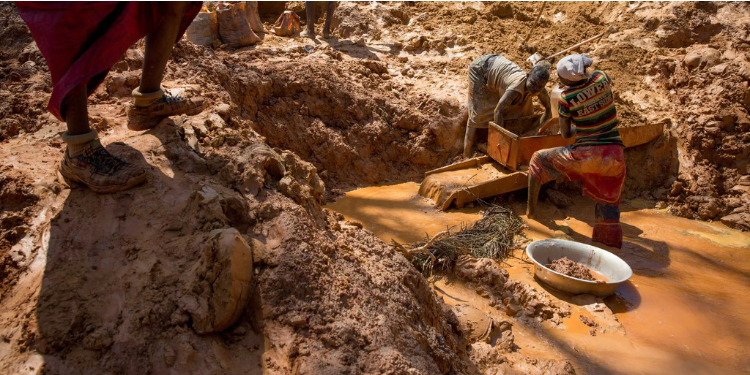

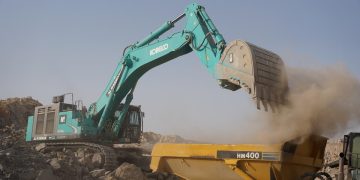
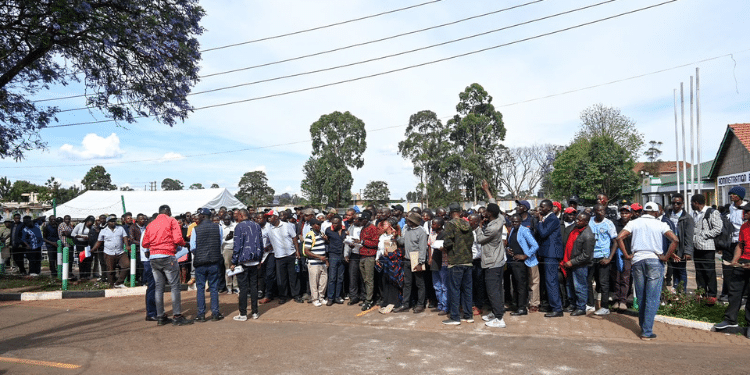

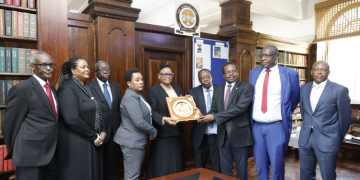
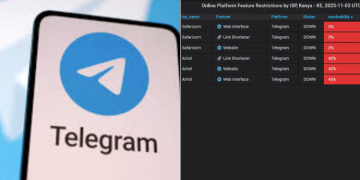
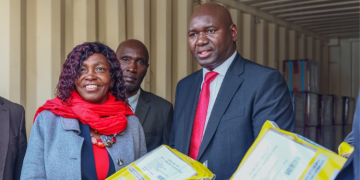
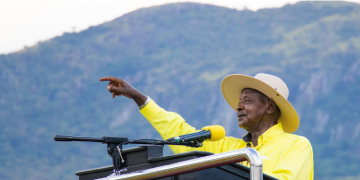
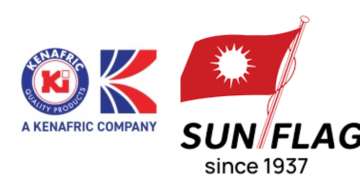







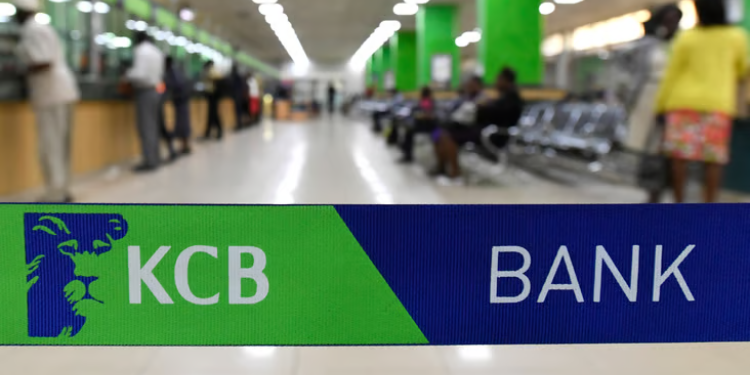


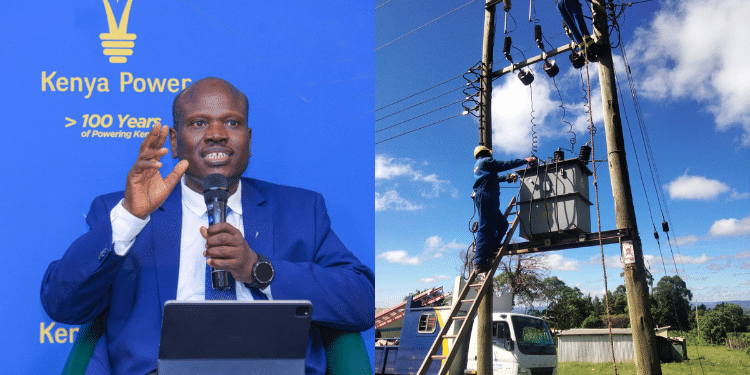
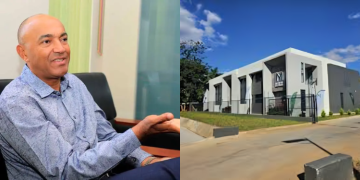




























![Senator Allan Chesang And Chanelle Kittony Wed In A Colourful Ceremony [Photos] Trans Nzoia Senator Allan Chesang With Channelle Kittony/Oscar Sudi]( https://thekenyatimescdn-ese7d3e7ghdnbfa9.z01.azurefd.net/prodimages/uploads/2025/11/Trans-Nzoia-Senator-Allan-Chesang-with-Channelle-KittonyOscar-Sudi-360x180.png)




















